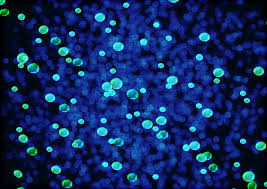Highlights
- •Psychological stress triggers vaso-occlusive episodes (VOEs) in sickle cell disease
- •Stress-induced VOEs depend on the microbiota
- •The stress response is enabled by the hypothalamic-pituitary-adrenal axis
- •Stress-induced VOEs are mediated by aged neutrophil expansion via the IL-17/G-CSF pathway
Summary
Psychological stress has adverse effects on various human diseases, including those of the cardiovascular system. However, the mechanisms by which stress influences disease activity remain unclear. Here, using vaso-occlusive episodes (VOEs) of sickle cell disease as a vascular disease model, we show that stress promotes VOEs by eliciting a glucocorticoid hormonal response that augments gut permeability, leading to microbiota-dependent interleukin-17A (IL-17A) secretion from T helper 17 (Th17) cells of the lamina propria, followed by the expansion of the circulating pool of aged neutrophils that trigger VOEs. We identify segmented filamentous bacteria as the commensal essential for the stress-induced expansion of aged neutrophils that enhance VOEs in mice. Importantly, the inhibition of glucocorticoids synthesis, blockade of IL-17A, or depletion of the Th17 cell-inducing gut microbiota markedly reduces stress-induced VOEs. These results offer potential therapeutic targets to limit the impact of psychological stress on acute vascular occlusion.







